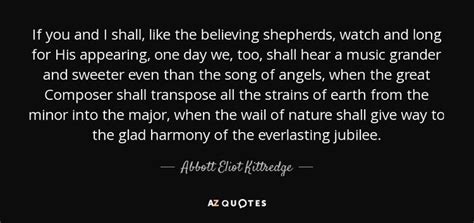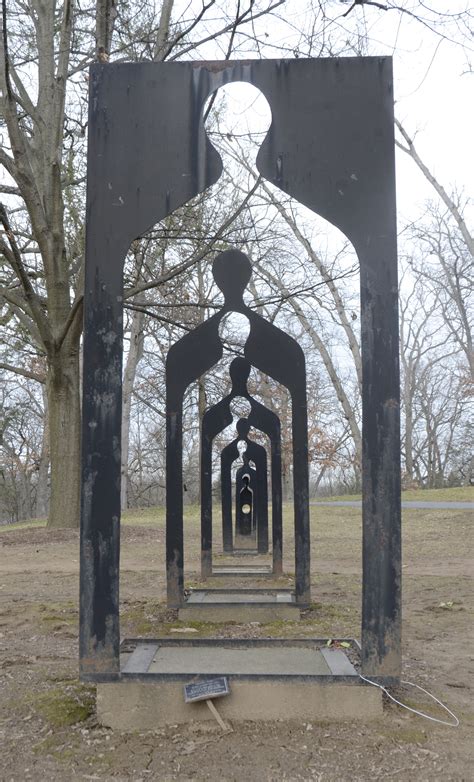A Quote by Jon Sobrino
The Resurrection of Jesus is...a symbol of hope...I don't see how you can show love...without being in solidarity with the victims of this world. And if you are in solidarity with the victims, I don't see how you can avoid the cross. The theology of the cross is the theology of love in our real world.
Quote Topics
Related Quotes
I know that with consecration on the part of believers, separation from the world, disentanglement from enslaving sins, and a mighty baptism of the Holy Spirit, the church would become a conquering power in the world, not by its constructed theology, not by its Sabbath services, not by its arguments to convince the intellect, but by its simple story of Jesus' love, by the Cross, the Cross--God's hammer, God's fire.
Jesus on the cross feels the whole weight of the evil, and with the force of God's love he conquers it; he defeats it with his resurrection. This is the good that Jesus does for us on the throne of the cross. Christ's cross, embraced with love, never leads to sadness, but to joy, to the joy of having been saved and of doing a little of what he did on the day of his death.
"Biblical theology" refers to something more precise than theology that is faithful to the Bible. It might be helpful to draw a contrast: at the risk of oversimplification, systematic theology tends to organize theology topically and with an eye cast on its contemporary relevance, while biblical theology tends to organize the same biblical material so that it is easier to see the distinctive contribution of each biblical book and human author, and to trace the trajectories of themes across the Bible so we see how the books of the Bible hold together.
Systematic theology will ask questions like "What are the attributes of God? What is sin? What does the cross achieve?" Biblical theology tends to ask questions such as "What is the theology of the prophecy of Isaiah? What do we learn from John's Gospel? How does the theme of the temple work itself out across the entire Bible?" Both approaches are legitimate; both are important. They are mutually complementary.
In the Cross is salvation; in the Cross is life; in the Cross is protection against our enemies; in the Cross is infusion of heavenly sweetness; in the Cross is strength of mind; in the Cross is joy of spirit; in the Cross is excellence of virtue; in the Cross is perfection of holiness. There is no salvation of soul, nor hope of eternal life, save in the Cross.
When you think of the KKK, they actually have as their emblem a fiery cross. And they don't see any contradiction between the cross, an instrument of suffering that procured our reconciliation with God, and its use as a symbol for nefarious attacks on black people. But they believe that they are being obedient to God because they can read things that they see.
On the Way of the Cross, you see, my children, only the first step is painful. Our greatest cross is the fear of crosses. . . We have not the courage to carry our cross, and we are very much mistaken; for, whatever we do, the cross holds us tight - we cannot escape from it. What, then, have we to lose? Why not love our crosses, and make use of them to take us to heaven?
A theologian of the cross says what a thing is. In modern parlance: a theologian of the cross calls a spade a spade. One who ‘looks on all things through suffering and the cross’ is constrained to speak the truth…it will see precisely that the cross and the resurrection itself is the only answer to that problem, not erasure or neglect.




































